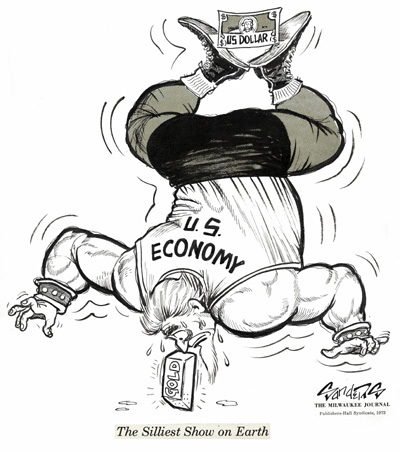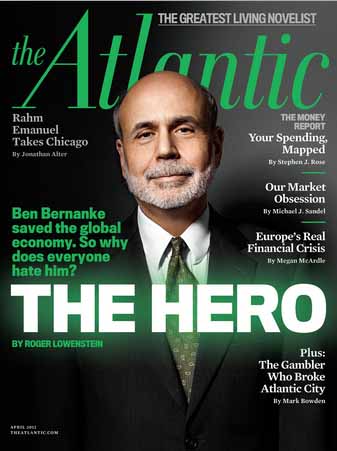- MUST READ: Apple to Relaunch Manufacturing in US, Net Result +200 Jobs; Lights Out
- PRINT MORE MONEY - the new head of BOE, a former Goldman Sachs executive, is already hinting at more QE
- Cox and Archer: Why $16 Trillion Only Hints at the True U.S. Debt. What cannot be repaid, won't.
- Recovery? What recovery? The US trade deficit increased in Octobe.
- Only In California: School Owes $1 Billion On $100 Million 'PayDay' Loan. Actually, the worst part of it is that it's NOT just California...
- Bolton grandfather sets himself on fire after amassing secret loans and credit card debts of £150,000
- Chart: Unsold Cars Are Piling Up, Mainly American Ones
- Acquisitions/Monopolies forming everywhere: Delta Buys Virgin Atlantic Stake for $360 Million
- Chevron’s standing order: no sitting down on the job (in order to increase productivity)
- Work till you drop- Stakhanov style: Putin Restores Worker Award of Soviet Era SEE ALSO http://en.wikipedia.org/wiki/Alexey_Stakhanov
- Welfare, like everything else, is AN INVESTMENT. For example, noone wants to give away hi money to someone who is going to spend it on drugs and alcohol, because that would be "a bad investment". But if someone needs some money in order to get back on his feet, start a business that is, at least in theory, a good one, then it would be "a good investment" to give him some money, as part of "the welfare state". The problem today, from a capitalist's point of view, is that we have many people who have no jobs and are receiving free benefits that are coming out of our pockets, but these people have no chance of finding a job, or starting a business of their own. So, the "welfare state" looks like "a bad investment". Check this out: "she is better off on benefits" and would not get a job unless she could continue her luxury lifestyle". SEE ALSO: Free phones and internet access for the unemployed
- The Internet Is a Dud
- Capitalism is about taking risks, you invest resources (time, money, labor, energy, physical resources, etc), and if there is a demand for the product you produce, then you will do well. If not, you will go bankrupt. At least that's the "free-market" version of capitalism, which of course doesn't last long, because sooner or later, monopolies start forming, and since they can control the market, they can enforce their will on the rest without much risk. Still, taking a chance is an integral part of capitalistic growth, and without it there can be no growth: Japan's Fear of Risk Is Getting Dangerous
- China is buying up every hard asset it can find: PetroChina to buy BHP's stake in Browse LNG project
- U.S. warns Russia about fronting for Iran banks in SWIFT http://on.wsj.com/Vz74yn Only problem is Russians don't care what America thinks, and they don't care about violating the embargo any more.
- Rosneft -TNK Deal Nears Completion - Rosneft will control 1/3 of crude output in Russia
- China's New MIRV Ballistic Missile Is A Big Deal
- Africa is growing/intergrading into the global market - there is even a monopoly board game to prove it :-) As in all the developed capitalistic countries, Africa now is run by a few oligarchs, and this is why the classic board game of monopoly can now be applied to Africa as well.
Read more »
- PRINT MORE MONEY - the new head of BOE, a former Goldman Sachs executive, is already hinting at more QE
- Cox and Archer: Why $16 Trillion Only Hints at the True U.S. Debt. What cannot be repaid, won't.
- Recovery? What recovery? The US trade deficit increased in Octobe.
- Only In California: School Owes $1 Billion On $100 Million 'PayDay' Loan. Actually, the worst part of it is that it's NOT just California...
- Bolton grandfather sets himself on fire after amassing secret loans and credit card debts of £150,000
- Chart: Unsold Cars Are Piling Up, Mainly American Ones
- Acquisitions/Monopolies forming everywhere: Delta Buys Virgin Atlantic Stake for $360 Million
- Chevron’s standing order: no sitting down on the job (in order to increase productivity)
- Work till you drop- Stakhanov style: Putin Restores Worker Award of Soviet Era SEE ALSO http://en.wikipedia.org/wiki/Alexey_Stakhanov
- Welfare, like everything else, is AN INVESTMENT. For example, noone wants to give away hi money to someone who is going to spend it on drugs and alcohol, because that would be "a bad investment". But if someone needs some money in order to get back on his feet, start a business that is, at least in theory, a good one, then it would be "a good investment" to give him some money, as part of "the welfare state". The problem today, from a capitalist's point of view, is that we have many people who have no jobs and are receiving free benefits that are coming out of our pockets, but these people have no chance of finding a job, or starting a business of their own. So, the "welfare state" looks like "a bad investment". Check this out: "she is better off on benefits" and would not get a job unless she could continue her luxury lifestyle". SEE ALSO: Free phones and internet access for the unemployed
- The Internet Is a Dud
- Capitalism is about taking risks, you invest resources (time, money, labor, energy, physical resources, etc), and if there is a demand for the product you produce, then you will do well. If not, you will go bankrupt. At least that's the "free-market" version of capitalism, which of course doesn't last long, because sooner or later, monopolies start forming, and since they can control the market, they can enforce their will on the rest without much risk. Still, taking a chance is an integral part of capitalistic growth, and without it there can be no growth: Japan's Fear of Risk Is Getting Dangerous
- China is buying up every hard asset it can find: PetroChina to buy BHP's stake in Browse LNG project
- U.S. warns Russia about fronting for Iran banks in SWIFT http://on.wsj.com/Vz74yn Only problem is Russians don't care what America thinks, and they don't care about violating the embargo any more.
- Rosneft -TNK Deal Nears Completion - Rosneft will control 1/3 of crude output in Russia
- China's New MIRV Ballistic Missile Is A Big Deal
- Africa is growing/intergrading into the global market - there is even a monopoly board game to prove it :-) As in all the developed capitalistic countries, Africa now is run by a few oligarchs, and this is why the classic board game of monopoly can now be applied to Africa as well.













